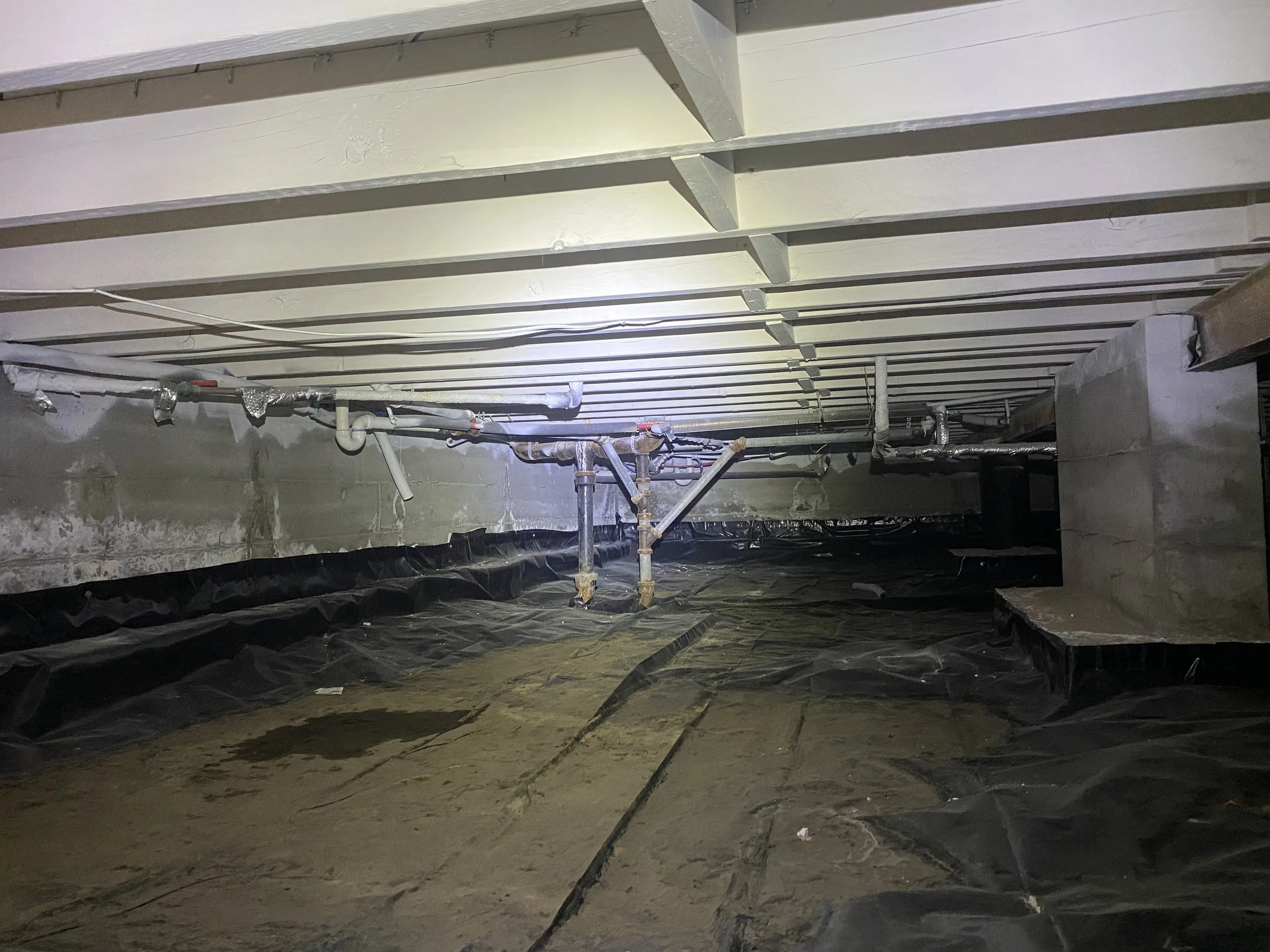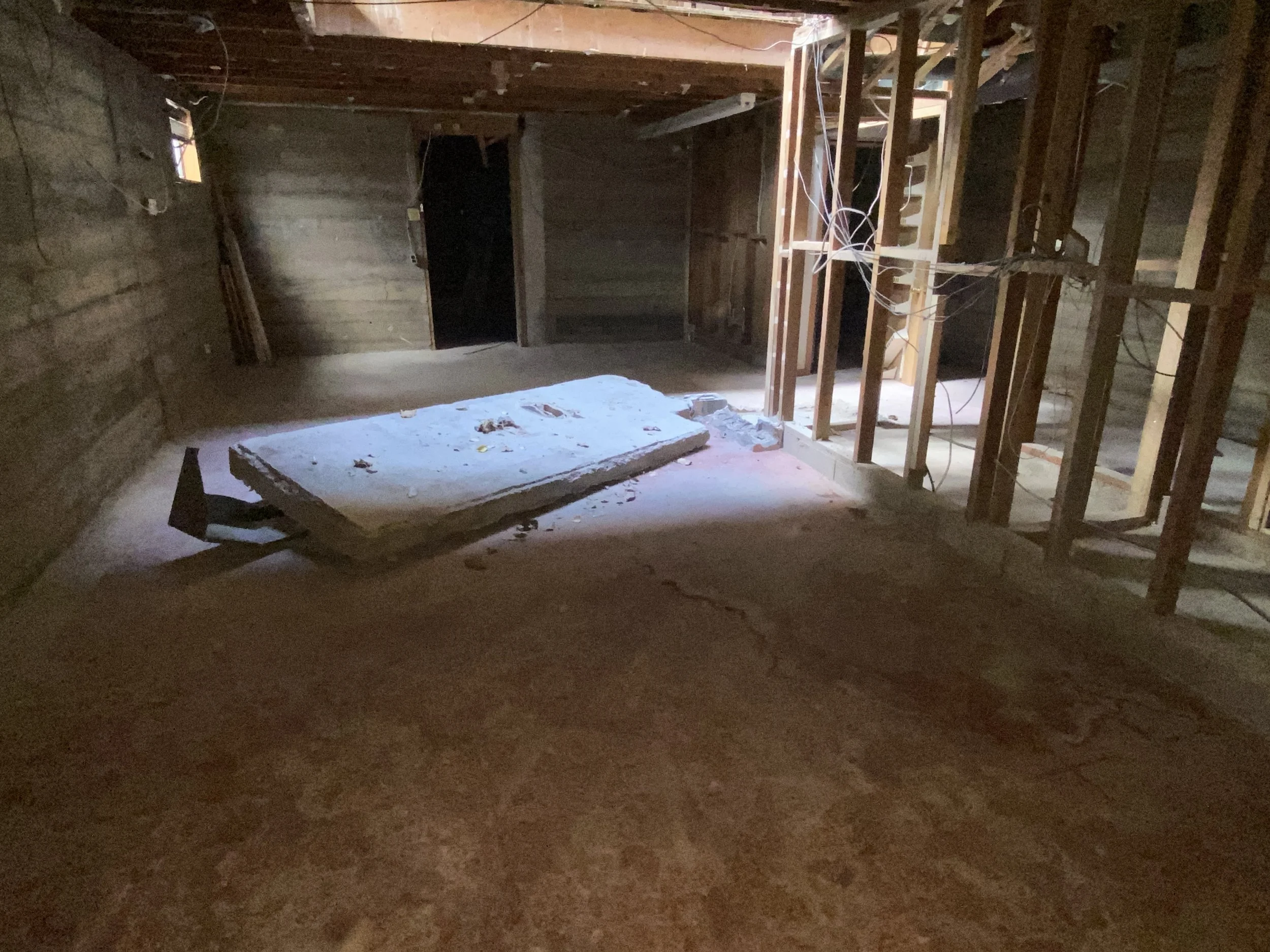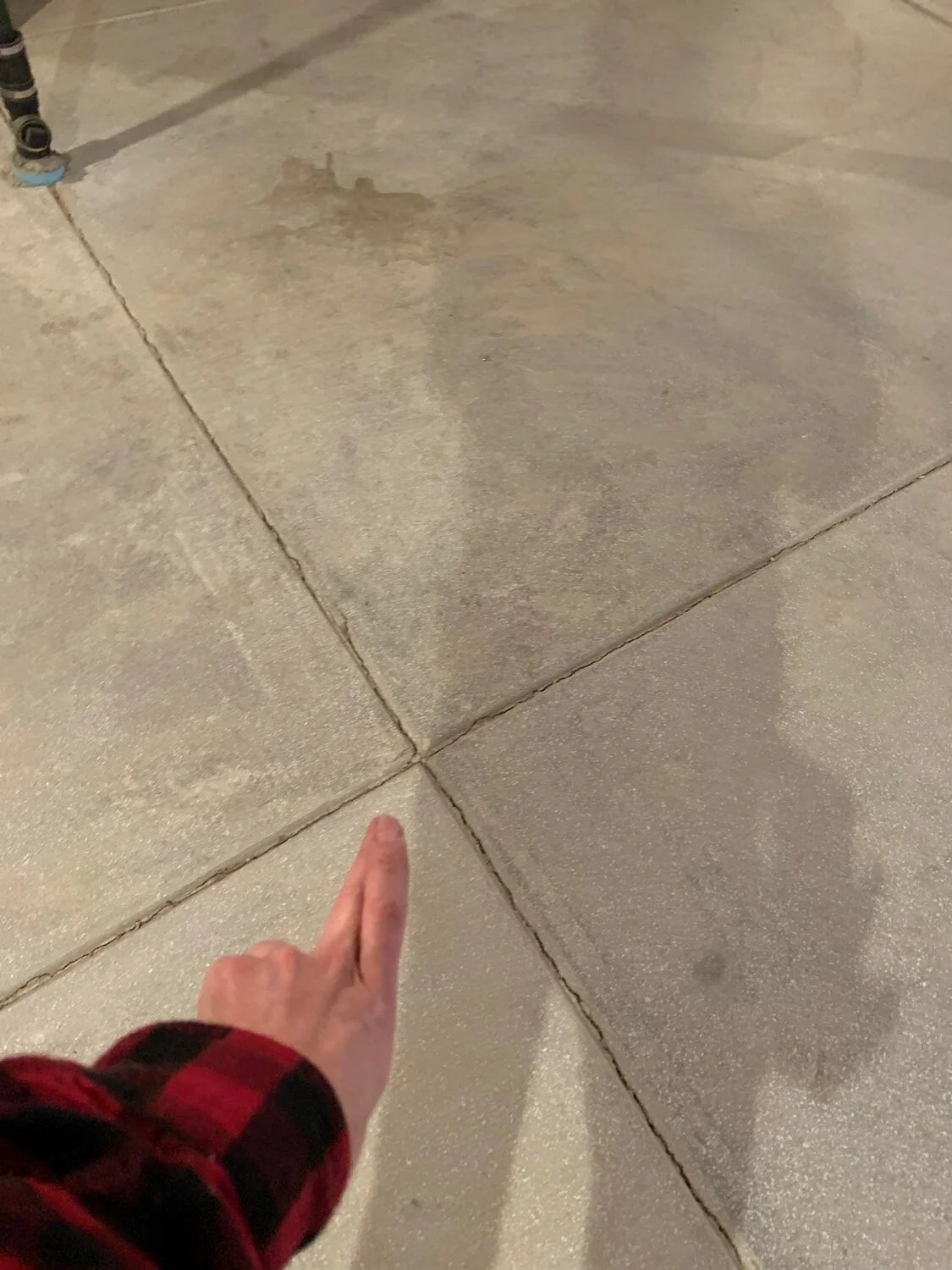Selling a mountain home isn’t the same as selling in Denver, Boulder, or the surrounding suburbs. Many city-based agents step into mountain transactions and quickly discover the inspection landscape is very different. Here’s a quick guide to help you prepare your buyers and set the right expectations.
1. Well Water Systems
Most mountain homes rely on private wells instead of municipal water. Buyers should plan for a full evaluation of the well components, flow or yield testing, and water quality analysis performed by a well-water specialist.
2. Septic Systems
Mountain properties commonly use private septic systems. These systems can be expensive to repair or replace, so it’s important to schedule a septic inspection with a qualified professional. A sewer scope is still recommended to inspect the line from the house to the tank and confirm proper performance.
3. Surveys and Property Boundaries
Mountain lots often have complex or unclear boundaries. While surveys fall outside the home inspection scope, agents should encourage buyers to obtain an updated survey and address any easements, encroachments, or access issues early.
4. Grading, Drainage, and Erosion
Steep terrain can cause drainage problems, soil movement, and erosion. Inspectors may note slope stability concerns, retaining wall issues, or water management deficiencies. Preparing buyers for these findings helps avoid surprises.
5. Deck Safety
Mountain homes often feature large, elevated decks that endure heavy weather exposure. Inspectors frequently identify structural wear, moisture damage, loose connections, or safety hazards. Deck repairs can be costly, so it’s helpful to set this expectation upfront.
6. Fireplaces and Wood Stoves
Most mountain homes include one or more fireplaces or stove systems. These should be evaluated by a certified chimney or fireplace professional to ensure safe operation and proper drafting.
7. Wildfire Risk and Insurance
Areas such as Evergreen and Conifer carry some of the highest wildfire risk in Colorado. Insurance companies know this well. Encourage buyers to contact insurance providers early, understand coverage limitations, and plan for potential mitigation work.






